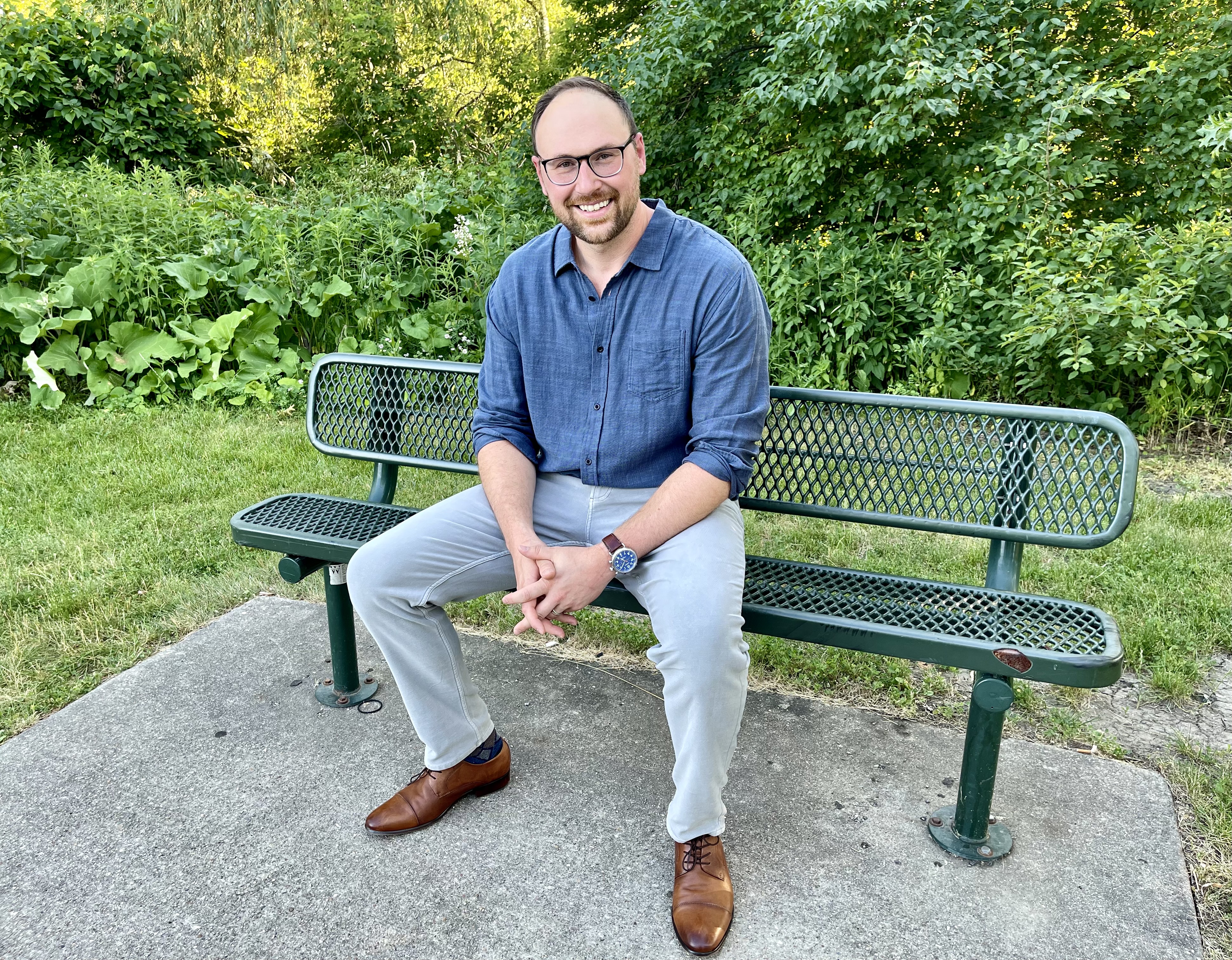
The Decline Of Friendship And Why We Need It More Than Ever
“Of all the means to insure happiness throughout the whole life, by far the most important is the acquisition of friends.” – Epicurus
I’ve recently noticed a silent epidemic in our country. Despite all the ways we can connect with others, loneliness seems to be on the rise from a lack of quality relationships. I worry we have become so isolative that even in cities with millions of people, many are living without even one solid friendship.
In Western culture, we have quietly pushed down our need for human connection as happiness has slowly declined along with it. Studies have shown that in the U.S., the number of friends that people “felt they could discuss important matters with” has been steadily declining for decades.
Technology that allows us to text, email, and use social media has made it easier to stay connected… yet often superficially. We have replaced quality with quantity.
I recently heard of a sorority that wouldn’t let girls join unless they had a minimum number of followers on Instagram. A sad but common example of the culture changes that have left quality friendships as a thing of the past.
Now more than ever we should reflect on how much we need to value our support systems, and consider what they actually do for us.
A Quick Philosophy Lesson on Friendship
Many ancient philosophers mention the importance of friendship in their teachings; my personal favorite is Epicurus. Throughout his writings he maintained a stance towards egoistic hedonism (the motive behind human behavior to move towards pleasure and away from pain). However, he loved friendship so much that it was the exception, and it could override someone’s natural tendency of egoistic hedonism.
In other words, we no longer just crave our own pleasure; we also seek pleasure for our friends. They are no longer separate, but a part of our selves.
Epicurus also started a school on the countryside of Athens called “the Garden” — a commune in which he lived and spent time with close friends developing his philosophy.
I’m sure he wouldn’t be pleased to see the state of friendship in our modern day culture.
Why We Need Friends
When considering the benefits of friendship, we need to keep in mind that it’s possible to have friends but still feel lonely. It is not until we have true social attachment and connection that the real benefits of friendship are realized.
- Research has confirmed friendship is one of the best predictors of longevity and happiness throughout the lifespan.
- People who feel supported by others are able to tolerate stressful experiences with greater ease and their level of optimism increases.
- Our mood suffers when we focus too much on the self, friendship offers a buffer from self-absorption that often results in self-critical reflection. Suddenly, the incessant focus on our self dissolves… causing a moment of freedom from our own “problems.”
- Whether you like it or not, your friends influence you for better or worse. Friends can easily impact your attitudes, moods, and behaviors. Be careful whom you choose to be around.
- Quality friendships give us an outlet to have more substantial conversations; this allows for much more cathartic communication than the everyday small talk.
- Friends can offer honest feedback when others might not feel as comfortable to let us know we need to fix our haircut. Along with this they should also elicit a sense of safety, trusting they have our best interests at heart.
The Most Valuable Friendship We Will Choose
The truth is that in today’s culture we are most likely to find our greatest source of friendship in a romantic relationship. This has become more prevalent as the family unit has become more removed from the community culture.
Research has shown that someone who is married with no friends is happier than an unmarried person with close friends. Married people also report that friendship in a marriage is more than five times as important as physical intimacy.
This brings up two important points:
- When picking a partner we need to gauge our level of friendship with that person. This includes having mutual respect and enjoying spending time with them.
- When we do find the person we wish to marry (if that is your goal), then we have to be careful they don’t become our only source of friendship. We put more demands on our spouse than at any other time in history. This can lead to an over dependence while we often repress our need for a variety of human connections.
Final Friendship Thoughts
Quality relationships need to remain a constant throughout the lifespan. Friendship is not only needed on the playground at recess, but also during bingo at the nursing home.
Again, the people we spend most our time with significantly influence our life. Surrounding ourselves with kind and supportive people is a way to ensure that influence is positive.
Unfortunately, we don’t get to choose our family. We do however get to choose our friends and these people can be the loving, supportive, caring people you may not have had in childhood. Friendship then becomes a tool for healing the dysfunctional past.
I often meet people that struggle with meeting friends and developing new meaningful relationships. They may be new to a city, have grown apart from friends over time, or other circumstances have left them alone.
If this is the case then I have put together some tips from the world of psychology to give you a leg up.
12 Hacks to Spark a New Relationship (Friendship, Dating, or Otherwise)
Adam Lencioni is a licensed mental health counselor empowering individuals and couples to overcome their personal obstacles and create flourishing, satisfying lives. He currently practices at CFC Therapy Group in Chicago, IL. Contact him at adam@cfctherapy.com.


Write a Comment